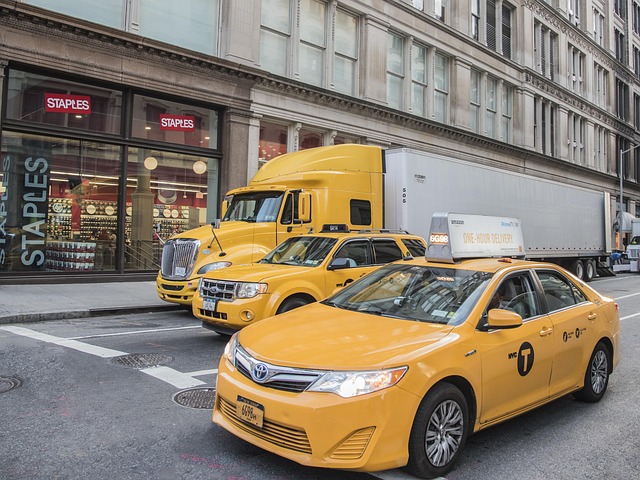In the trucking industry, understanding bobtail and non-trucking liability insurance is crucial for risk management. Bobtail insurance provides budget-friendly coverage during idle periods, while non-trucking liability insurance offers broader protection for personal or non-commercial uses. Both cater to unique needs, filling gaps left by standard commercial auto insurance. Businesses should choose the most cost-effective liability options based on their operational needs and risk assessments, considering the financial differences between these policies.
Navigating the world of liability insurance can be a complex task, especially for trucking businesses. This article guides you through the key differences between Bobtail and Non-Trucking Liability Insurance, essential tools designed to protect specific aspects of your operation. We’ll explore who needs these policies, delve into cost comparisons, analyze coverage gaps, and provide tips to make an informed decision, ensuring you choose the most suitable and cost-effective liability options for your unique trucking needs.
Understanding Bobtail and Non-Trucking Liability Insurance
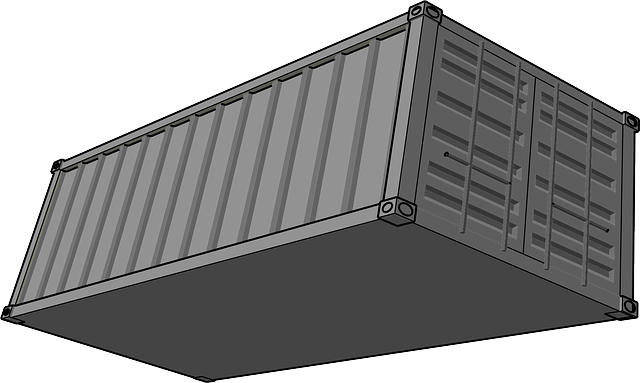
In the world of trucking, understanding your insurance options is crucial for navigating the roads with peace of mind. Two key terms in this context are bobtail and non-trucking liability insurance. Bobtail insurance typically covers truck drivers when they’re off the road and not actively engaged in transporting goods. This makes it a cost-effective liability option for periods when the vehicle isn’t in use. On the other hand, non-trucking liability insurance kicks in during situations where the truck is being used for personal or non-commercial purposes, providing coverage that goes beyond the scope of typical trucking policies.
Both types of insurance serve as safety nets, protecting drivers and their assets from potential liabilities. However, they differ significantly in their application and cost, making it essential to understand which one aligns best with your needs. For instance, while bobtail is ideal for times when the truck isn’t hauling cargo, non-trucking insurance steps in for those moments you’re using your vehicle for personal errands. Making this distinction can help drivers choose the most suitable and cost-effective liability options tailored to their specific circumstances.
– Definition and purpose of each type
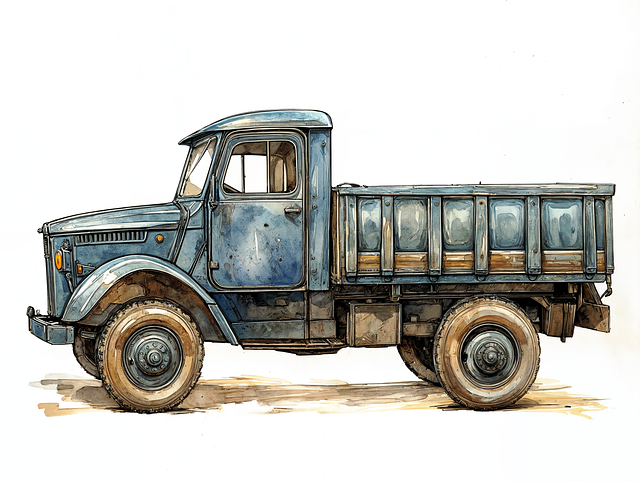
Bobtail and non-trucking liability insurance are two distinct types of coverage designed to meet different needs in the transportation industry. Bobtail insurance, as the name suggests, is tailored for truckers who operate their vehicles with a “bobtail” configuration, meaning the trailer is detached from the cab, and the driver doesn’t carry any cargo. This type of policy is cost-effective for owners or operators who use their trucks for personal or limited commercial purposes but aren’t engaged in regular trucking operations. It provides liability protection during these non-commercial drives, covering potential accidents or incidents that may arise.
On the other hand, non-trucking liability insurance offers a broader spectrum of coverage for situations where a truck is used for commercial activities but not strictly as a vehicle for transporting goods. This includes instances like when a truck is parked and loaded or unloaded, or during routine maintenance. Unlike bobtail insurance, which focuses on minimizing costs for limited use, non-trucking liability insurance ensures cost-effective liability options for businesses involved in various trucking operations, offering comprehensive protection to safeguard against potential risks and liabilities that may occur during these diverse activities.
– Who needs these policies?
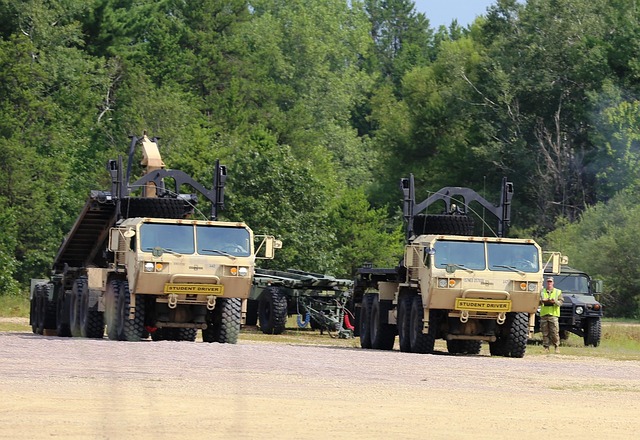
Many business owners, especially those in the transportation and logistics industry, often find themselves needing specialized insurance coverage to protect their operations. This is where bobtail and non-trucking liability insurance policies come into play as essential cost-effective liability options. These policies are designed to fill gaps left by standard commercial auto insurance, which typically does not cover personal property or when a vehicle is not engaged in actual trucking activities.
Business entities that operate trucks or delivery vehicles but do not regularly transport goods for hire may still face legal risks. Bobtail insurance provides liability coverage for these scenarios, ensuring protection during situations like when a driver is on their way to pick up a load or returning with an empty vehicle. Non-trucking liability insurance, on the other hand, covers personal property and any incidents involving that property, offering a more comprehensive solution for businesses wanting to mitigate risks associated with their fleet operations.
Cost Comparisons: Analyzing the Financial Differences
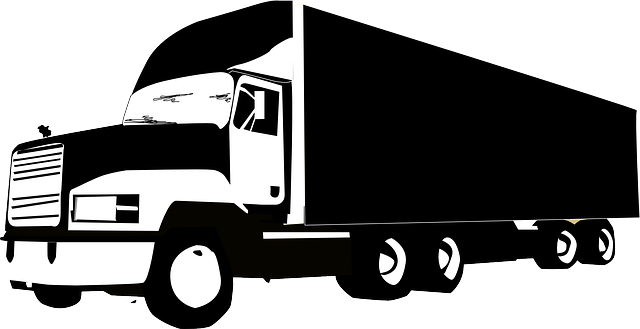
When comparing bobtail and non-trucking liability insurance, one of the most critical factors is cost. Bobtail policies are generally more affordable due to their streamlined coverage focus on specific aspects like cargo or vehicles in transit. This makes them an attractive choice for businesses looking for a cost-effective liability option, especially smaller trucking operations with reduced risk profiles.
Non-trucking liability insurance, in contrast, offers broader protection that extends beyond the truck’s immediate operations. While this comes at a higher premium, it provides comprehensive coverage for scenarios where trucks are stationary or involved in activities unrelated to trucking. Businesses should weigh these financial differences against their specific operational needs and risk assessments to make an informed decision about which type of insurance best suits them.
When choosing between bobtail and non-trucking liability insurance, understanding their distinct purposes is key. Bobtail covers specific scenarios where a truck is not being used for commercial purposes, while non-trucking liability insurance provides broader protection during operations that aren’t strictly trucking-related. For those who occasionally engage in activities outside of traditional trucking, bobtail may be a cost-effective liability option. However, for frequent or diverse operations, non-trucking insurance offers more comprehensive coverage. Ultimately, selecting the right policy depends on your specific needs and usage patterns, ensuring you’re protected without overspending on unnecessary coverage.
